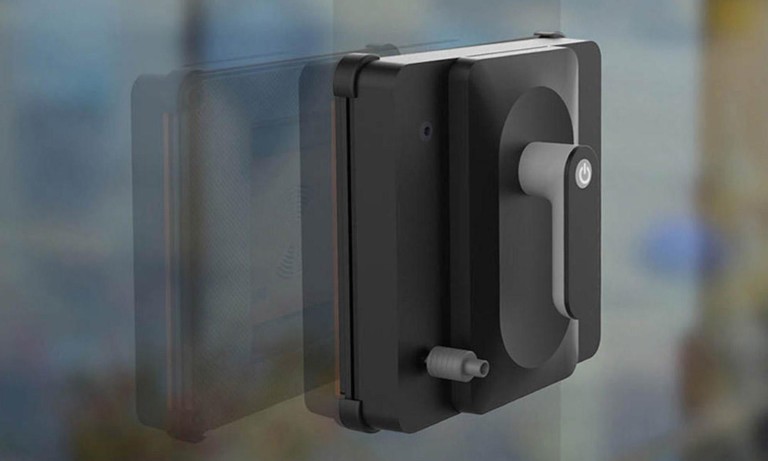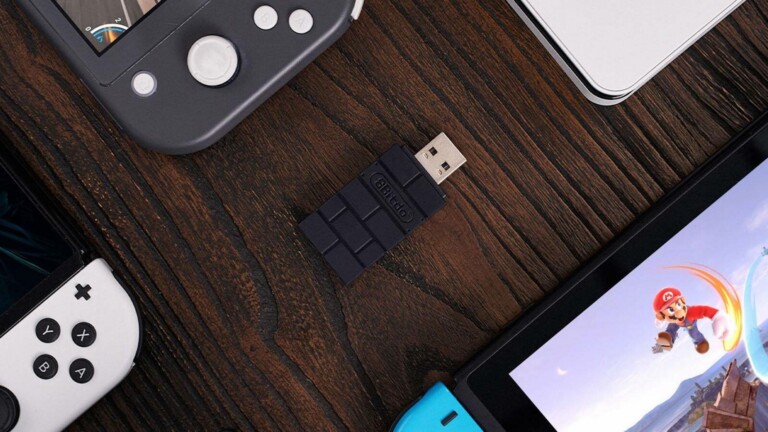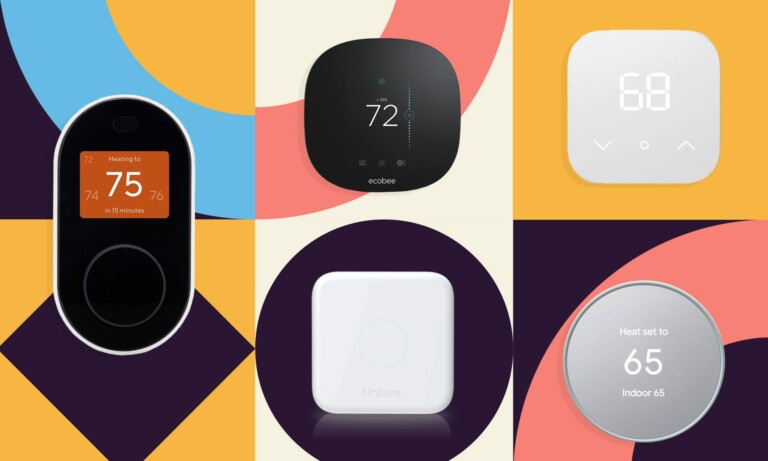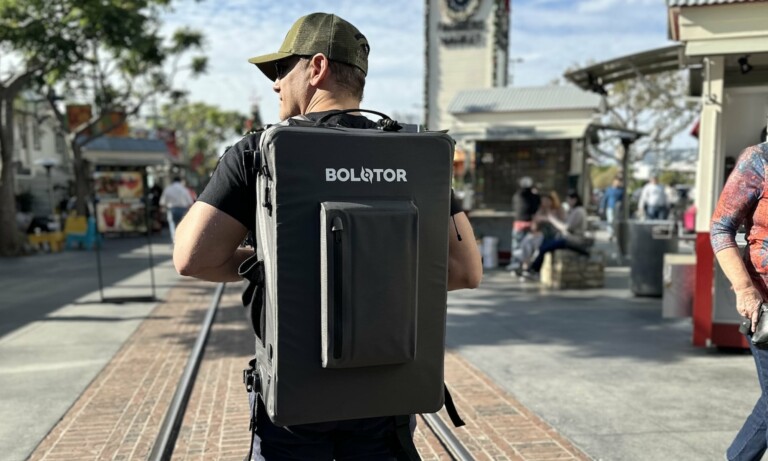How to protect your home network and devices
After a spree of major cybersecurity attacks in the past year, you might be wondering how to protect yourself. Here’s a look at the defensive steps you can take, and the devices that can help.

- Is Wi-Fi secure? It can be, but public hotspots are wide open. In addition, criminals often set up false hotspots to harvest sensitive data.
- What is a VPN? A VPN, or virtual private network, allows you to connect to the internet via a proxy. This makes it very difficult for anyone to trace or hack your connection.
- What is the best way to protect my home network? Change the name of your network, change your router password, and switch to WPA2 protocol.
Although digital crime leaves no physical trace, it can be as emotionally and financially punishing as a home invasion. For most of us, the idea of someone holding your files ransom or accessing your personal emails is a frightening thought.
Thankfully, there are ways to protect yourself. As the hackers get smarter, so does the technology that is designed to stop them. Here is a look at how to protect your home network and your devices.
How do you protect your devices?
There are several ways to protect your digital data. Step one is to secure your connection. This means using the latest Wi-Fi protocols on your home network, and installing a VPN.

Use a VPN for security
Switching your Wi-Fi protocol is pretty straightforward. Simply log in to the admin dashboard of your router and choose WPA3, WPA2, or WEP (in order of preference).
[tweet_box]Here is a look at how to protect your home network and your devices[/tweet_box]
Setting up a VPN is a little more complicated, but it should only take a few minutes. Alternatively, you can use a plugin device to handle the technical side — see below for a couple of examples.
It’s also important to keep your anti-virus software up to date, and maintain good password hygiene.

Use a password manager or a security key
Create passwords with more than eight characters that include capitals and numbers. Never use the same password twice; if you struggle to remember them all, use a password manager.
Need more help? Here are some devices that can help you defend your data:
YubiKey Security Key NFC
This tiny device adds an extra layer of security to your smartphone. When you want to log in or make a purchase, you simply tap YubiKey against your device.
InvizBox 2 Privacy and Security Router
This compact router offers instant VPN protection and access to the Tor anonymity network. InvizBox 2 also keeps the data from each connected device separate, so hackers can’t leap around your network.
Fortigis Cybersecurity AI VPN Router
For complete protection across your whole network, consider Fortigis. This intelligent router provides VPN protection, along with a built-in firewall, and smart antivirus software.
Dojo Internet Security Device
Dojo uses AI to learn your online habits. The device then uses this information to spot unusual activity, such as you might expect from a hacker.
Syfer Network Protection Device
This plug-in-and-play device offers instant security on your home network. Syfer utilizes VPN protection and artificial intelligence to block threats, while the built-in ad blocker stops those annoying pop-ups.
GlocalMe G3 Mobile WiFi Hotspot
If you’re away from home and not sure about the local Wi-Fi network, GlocalMe G3 offers a safe alternative. This pocket-sized device lets you create a personal hotspot, with a direct connection to mobile networks.
How to protect your digital world
Cyber crime is here to stay, so it’s worth investing in security. Have you ever been hacked? Share your story with other readers in the comments.

Your inbox is missing this newsletter!
*When you sign up, expect newsletters, promotions, and agree to our Terms of Use, acknowledging our Privacy's data practices.
















